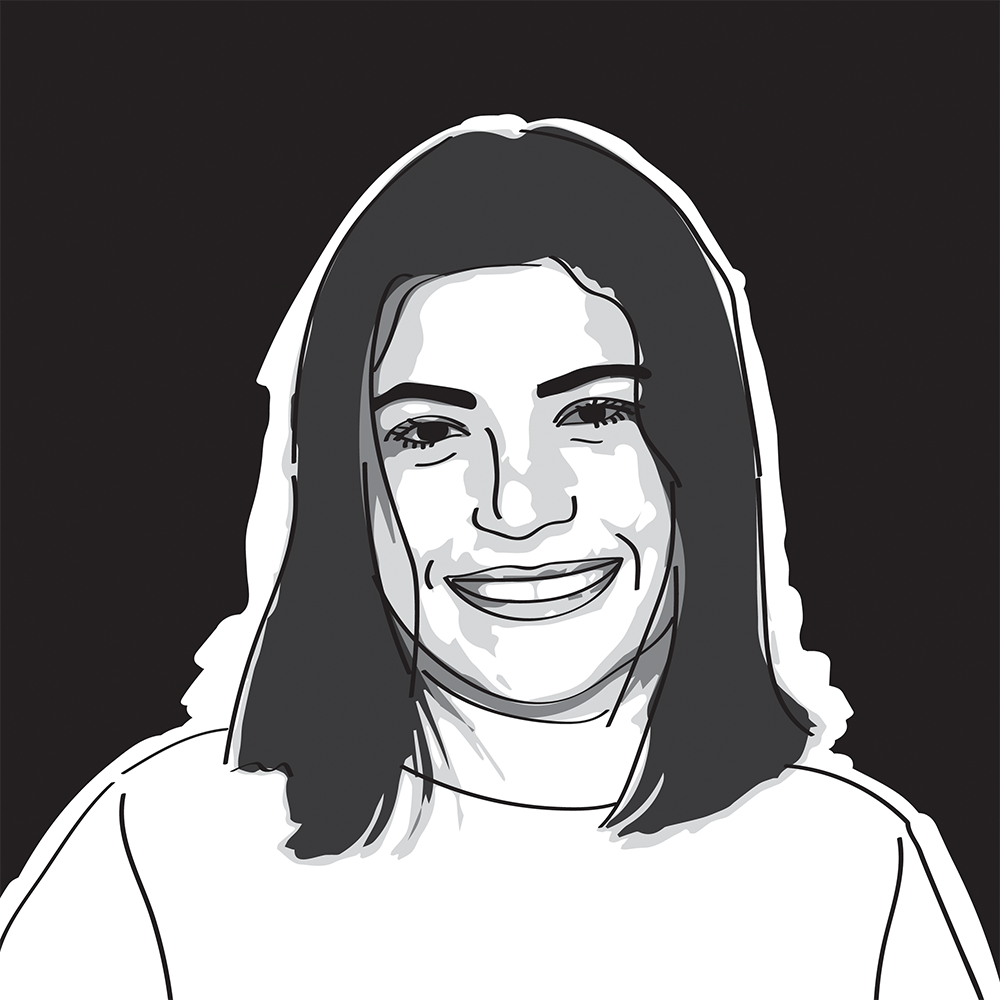Last year, I prided myself on my immunity to the “sophomore slump,” an experience of generalized apathy common among second-year university students. While many sophomores grapple with a dissipation of excitement after college loses its novelty, I delighted in my liberation from freshman-ness. Far from the terrifying loneliness of the first months of university, I spent sophomore year discovering my most salient intellectual interests, falling in love for the first time and establishing territorial claims to my preferred tables on the second floor of Lauinger Library.
I also took comfort in my distance from the chaotic unknown of postgraduation. Tucked in my Copley Hall bed, I pushed away fears of career dissatisfaction and financial destitution with the comfortable knowledge that my time at Georgetown University was far from over.
During the first months of junior year, however, my appreciation of my own life began to dwindle. My classes were demanding, the ease of studying in my apartment made venturing into the outside world overwhelming, and the impossibility of productivity on Lau 2 became a reality I could no longer ignore. The imperative to “figure my life out” took over my consciousness. With no catchy alliterative phrase to describe my emotional state and seemingly little dramatic change in my life to warrant such a profound emotional shift, I grappled with both an influx of depressive tendencies and horror that my mind could go so haywire, so quickly.
During these days, I began to feel hopeless. Ironically, however, the trajectory of my relationship with hope, aided by the radical compassion of my peers, is exactly what has left me feeling that, as a generation, we have every reason to look forward with excitement.
When I first starting to experience these episodes of despair, I kept quiet. Talking about mental health can be difficult anywhere, and on Georgetown’s campus, admitting that you’re going through a hard time can often feel like an admission of an inability to succeed or a need for attention.
Eventually, however, I could not hide the reality of my mental state from those around me. Privatizing my mental health unduly stigmatized my experiences, and I could not ignore that hiding in my room with my face in a tearful pillow only magnified the negativity in my belly.
So, I told a few people, “I’ve been depressed lately.” I was shocked by the response. In sharing my experience of suffering, and how its timing and intensity completely blindsided me, I found that most everyone I spoke to not only related to my experience, but also had thoughtful and knowledgeable words to share about their own shortage of hope.
The candor of my peers illuminated just how pervasive experiences like mine are among people in college. While I’d heard the statistics — like that 30% of college students experience depression so severe it impedes their ability to function — I was not prepared for how equipped the members of my generation were to productively and kindly unpack our respective mental states. One friend who appears shockingly organized softly discussed techniques for tackling anxiety, even when you can hear your heartbeat in your ears. A brilliant and accomplished classmate shared deeply rooted self-doubt and what he tells himself when he feels close to the existential abyss. Another friend’s eyes sparked with liberation, and they began to freely discuss their struggles with food restriction as a means to gain control of their disorienting life.
We might be the generation with the highest reported levels of anxiety and depression, a fact that should motivate us to condemn the many broken systems that contribute to widespread and untreated mental illness. Yet while I am not glamorizing mental illness, I will affirm that my experiences have led me to believe that our generation has an unprecedented relationship with mental health and mental health discourse. We have a unique ability to identify our own internal struggles and discuss them with our peers; we have grown particularly adept at using our own experiences and words to build the type of solidarity so necessary for overcoming the crippling loneliness that accompanies so many mental health conditions.
As a generation, I truly believe that we value kindness, honesty and integrity. I know that we have increasingly democratized language to discuss identities previously preferred undiscussed. We care — about everything. Of course, we have many ways to improve — to ensure that we don’t veil our honest moments in pleasing facades. My experience of struggling to ascertain sources of hope, however, has made me cognizant of the most poignant reason we have to feel excited about our future — ourselves.
I still sometimes have days when I struggle with the expectations of Georgetown and the looming professional world.
But about us — and our compassion, openness and integrity — I am optimistic.
Rachel Biggio is a junior in the College. Generational Gap appears online every other Monday.














